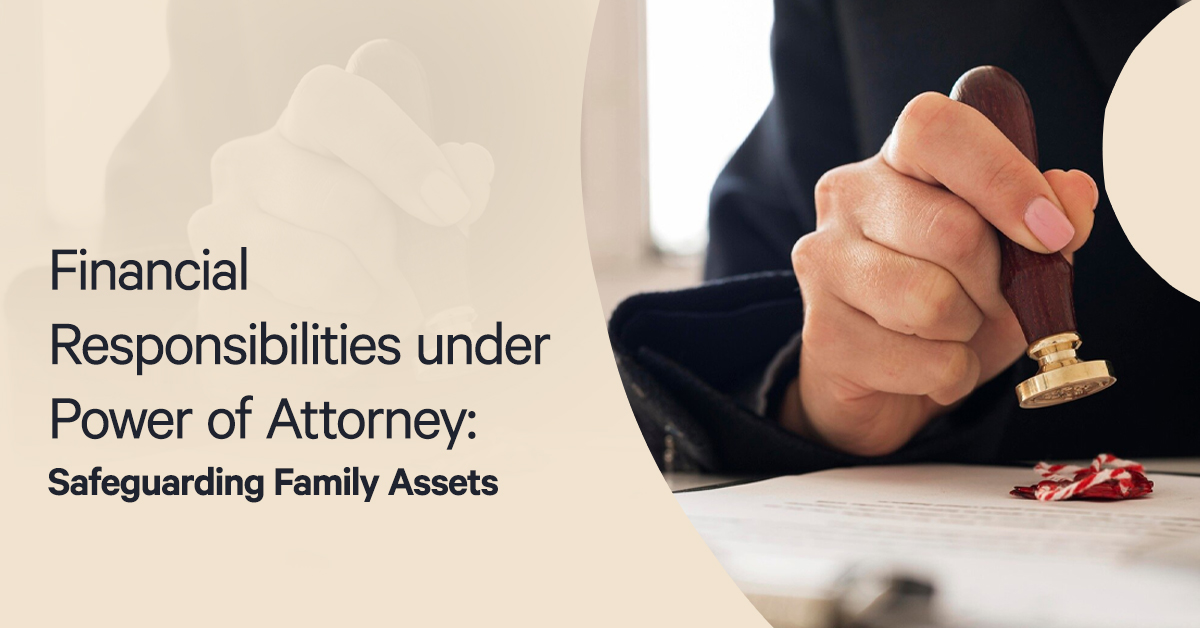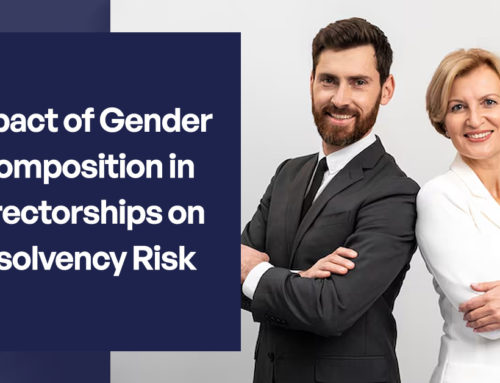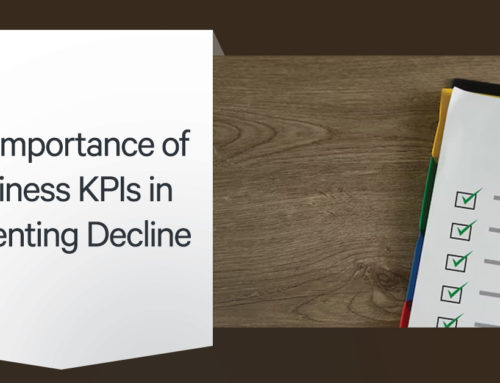Your responsibilities under a Power of Attorney (PoA) are an important aspect of safeguarding family assets. In the UK, individuals granted a PoA hold a significant and sensitive position of trust. Understanding the scope and limitations of this role is important to make sure the person who has entrusted you with their affairs stays financially sound. This involves not only managing and protecting financial assets but also understanding the legal and ethical implications of each decision. The role of an attorney under a PoA is multi-faceted; it includes the careful administration of assets, ensuring compliance with all legal requirements, and maintaining the utmost transparency in every action taken.
Understanding Power of Attorney
A Power of Attorney (PoA) is a legal document where one person (the donor) authorises another person or persons (the attorney) to make decisions on their behalf. These decisions can include a range of areas, including financial matters, property management, health care, and general welfare. The attorney’s role is to act in the best interests of the donor, particularly when they cannot make decisions themselves. This role is pivotal, requiring the attorney to be discreet, have good judgment, and have a thorough understanding of the donor’s wishes and values. It’s not just about legal authority but also about a moral obligation to respect and preserve the dignity and intentions of the donor. The attorney must navigate complex situations, often balancing emotional family dynamics with legal and financial responsibilities, to ensure the decisions made reflect what the donor would have wanted.
Types of Power of Attorney
In the UK, there are different types of Power of Attorney (PoA), each serving distinct purposes and scenarios. These include:
- Ordinary Power of Attorney: This is usually temporary and is applicable when the donor can make their own decisions but needs help with certain tasks.
- Lasting Power of Attorney (LPA): This comes into effect when the donor loses the ability to make decisions. LPAs are subdivided into two categories – Health and Welfare LPA and Property and Financial Affairs LPA.
Key Responsibilities
As an attorney under a Power of Attorney (PoA), you have several responsibilities which are important to the role’s integrity and effectiveness. These include:
- Act in the Donor’s Best Interests: Always consider the donor’s needs and preferences.
- Keep Records: Maintain detailed records of all transactions and decisions made on behalf of the donor.
- Separate Assets: Keep the donor’s money and property separate from your own.
- Make Decisions within Legal Boundaries: Understand the extent of your powers and act within these limits.
- Provide Transparency and Accountability: Be prepared to explain and justify decisions if required.
Safeguarding Family Assets
Managing and protecting the donor’s assets requires a strategic approach. Here are key considerations:
- Asset Management: Make sure investments and assets are managed wisely, keeping in mind the donor’s financial goals and needs.
- Debt Management: Handle any debts or financial commitments of the donor responsibly.
- Tax Planning: Consider the tax implications of financial decisions to optimise the donor’s financial position.
- Estate Planning: Understand the implications of your decisions on the donor’s estate plan.
- Seek Professional Advice: Consult financial experts for complex decisions or when in doubt.
Legal and Ethical Considerations
As an attorney, you are legally and ethically bound to act with integrity. Mismanagement or abuse of PoA can lead to legal consequences. It’s important to understand the laws governing PoA in the UK and adhere to them strictly.
Challenges and Solutions
Managing someone else’s finances can be challenging. Common issues include balancing family expectations, making tough decisions about asset liquidation, and dealing with unforeseen financial crises. The key is to remain informed, transparent, and consultative in your approach.
Embracing the Full Spectrum of Responsibilities
Holding a Power of Attorney (PoA) is a significant responsibility that goes far beyond managing money. It’s about taking care of someone’s legacy and ensuring they remain financially secure, especially when they can’t manage their own affairs. This role demands a deep understanding of your responsibilities and a commitment to act with diligence and integrity. As an attorney, you’re entrusted with managing money and making important decisions that affect the donor’s quality of life and long-term wellbeing.
Your actions should reflect the donor’s values and wishes, requiring a balance between financial awareness and empathetic understanding. It involves being proactive in identifying and mitigating potential risks to assets, making sure you stay legally compliant, and maintaining the donor’s standard of living. You might also find yourself navigating complex family dynamics, making decisions that align with the donor’s wishes while being sensitive to the impact on other family members.
What’s more, safeguarding family assets under a PoA involves ongoing learning and adaptation. Financial landscapes and legal frameworks can change, and keeping informed about these changes is key. It’s also about building and maintaining trust, not only with the donor but with all stakeholders involved. By embracing this role with care and responsibility, you become an important guardian of not just financial assets but also the trust and legacy of the individual who has chosen you as their attorney.
Seek Expert Support
If you’re navigating the complexities of a Power of Attorney and need guidance on managing and protecting your family’s financial assets, our team of experts is here to help. We understand the sensitive nature of financial responsibilities under a Power of Attorney and are committed to offering you the support and advice you need. Our expertise in asset management, estate planning, and legal compliance means that your decisions are informed, strategic, and ethical.
Remember, safeguarding family assets under a Power of Attorney is not just about financial management; it’s about trust, care, and the responsibility to act in the best interests of your loved ones. We are here to ensure you fulfil these responsibilities with confidence and ease. Don’t navigate this path alone; let us be your trusted partner in safeguarding your family’s financial future. Call us on 01603 552028 or email us at norwich@leading.uk.com today.






